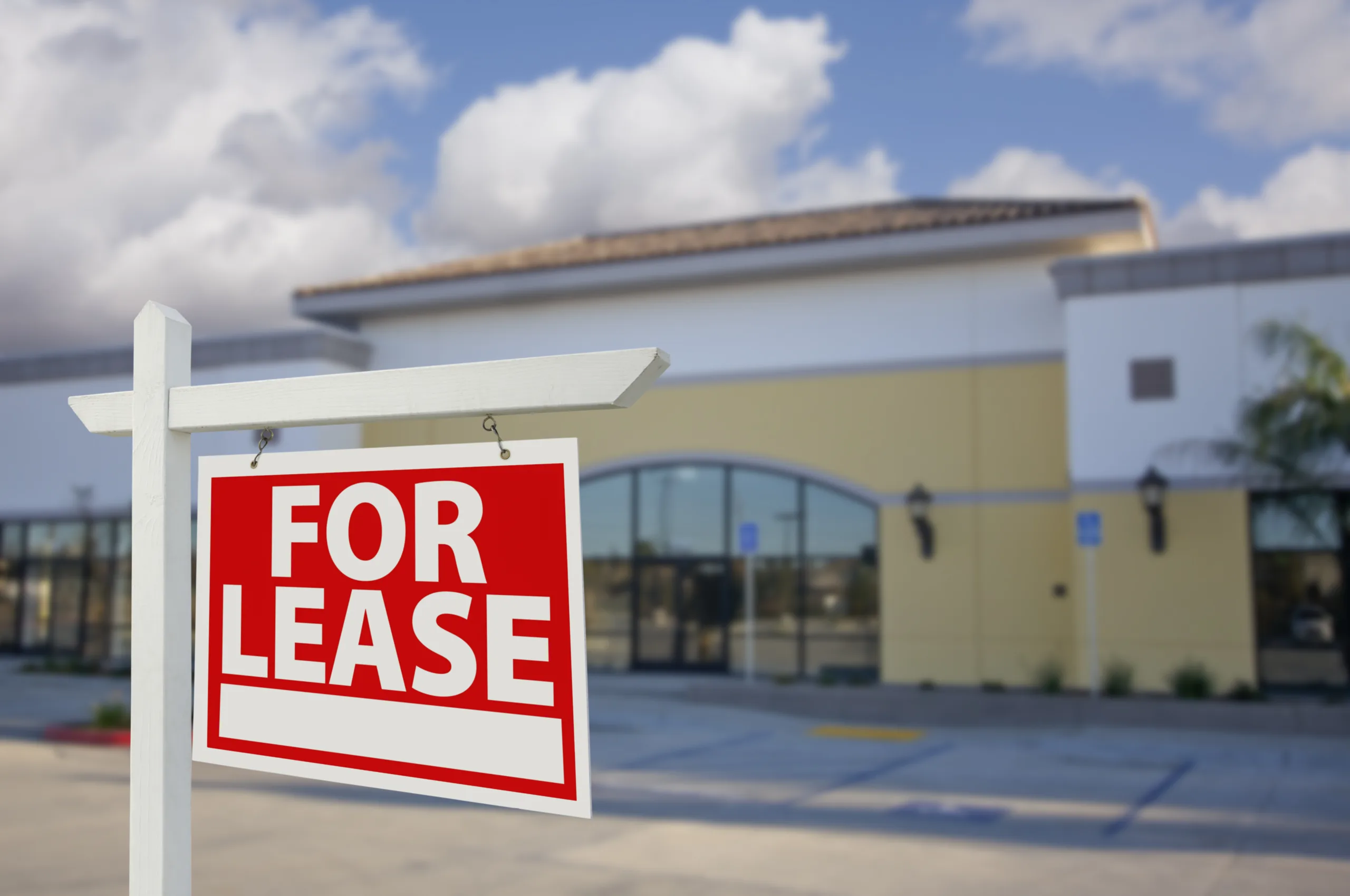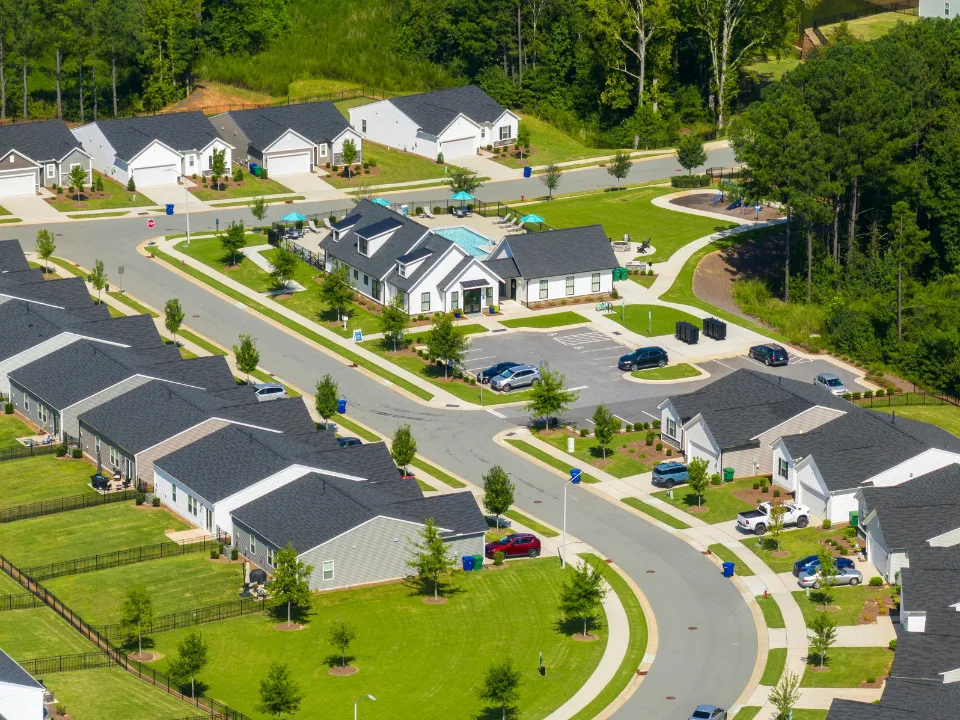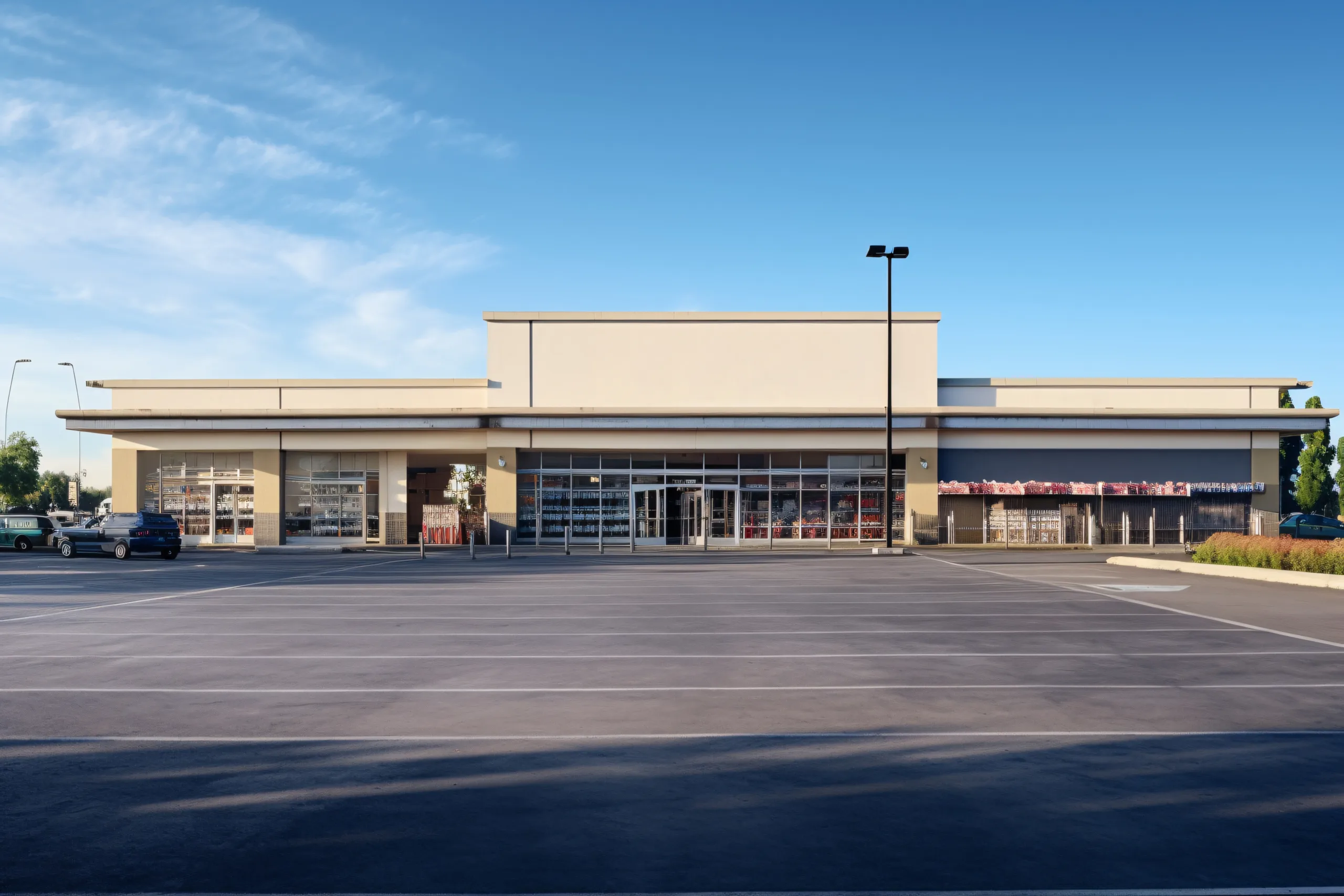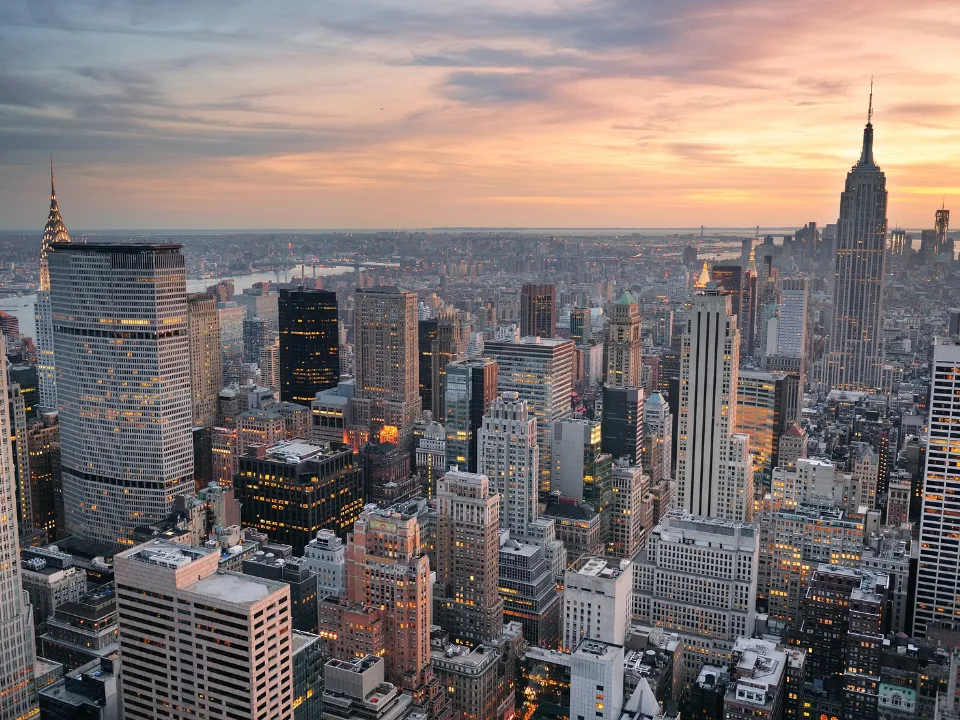- Mohamed El-Erian explained that while inflation is slowing, prices are unlikely to fall, which he argues could benefit economic stability.
- Sharp declines in prices could trigger a “deflation spiral,” where consumers delay purchases, leading to reduced business revenue, layoffs, and economic decline.
- El-Erian emphasized that price stability, rather than major declines, will support sustainable growth without risking an economic downturn.
As reported in GlobeSt, Mohamed El-Erian, president of Queens’ College, Cambridge, and chief economic adviser at Allianz SE, recently explained why Americans shouldn’t expect a drop in prices, even as inflation slows down.
From The Horse’s Mouth
Speaking on CBS’s Face the Nation, El-Erian pointed to distortions in recent economic data caused by black swan events like strikes and hurricanes while highlighting the economy’s continued growth. He believes the real challenge lies in sustaining this growth while adapting to future economic needs.
When host Margaret Brennan asked about stubbornly high prices for essentials like housing and groceries, El-Erian was direct: “Yeah, and that’s what everyone’s expecting, but it’s not going to happen.”
He clarified that while the inflation rate is slowing, that doesn’t mean overall prices will fall soon. “It’s a misunderstanding, unfortunately,” he said, adding that while inflation easing is good news, a sharp drop in prices could be damaging.
Deflation Warning
El-Erian’s caution centers around the risk of a “deflation spiral,” a situation where falling prices lead consumers to delay purchases, expecting even lower prices.
This delay can reduce business revenue, prompting companies to cut costs, lay off employees, and even close down. This can lead to higher unemployment and further reduced consumer spending, worsening economic conditions.
Historically, severe deflation has caused widespread economic pain. The Great Depression of the 1930s, for instance, was partially triggered by a sharp drop in prices following bank failures and a reduced money supply, which reduced consumer and business spending alike. This kind of deflationary environment can create a difficult cycle to break, resulting in prolonged downturns.
Get Smarter about what matters in CRE
Stay ahead of trends in commercial real estate with CRE Daily – the free newsletter delivering everything you need to start your day in just 5-minutes
Looking Ahead
As El-Erian noted, while inflation’s deceleration is welcome news, Americans should be prepared for prices to stay elevated as part of a stable but gradually adjusting economy.
The warning underscores a broader economic reality: rising costs of living may persist as the economy shifts away from the high inflation era, but substantial price drops are unlikely — and potentially undesirable if they risk triggering broader economic distress.


















